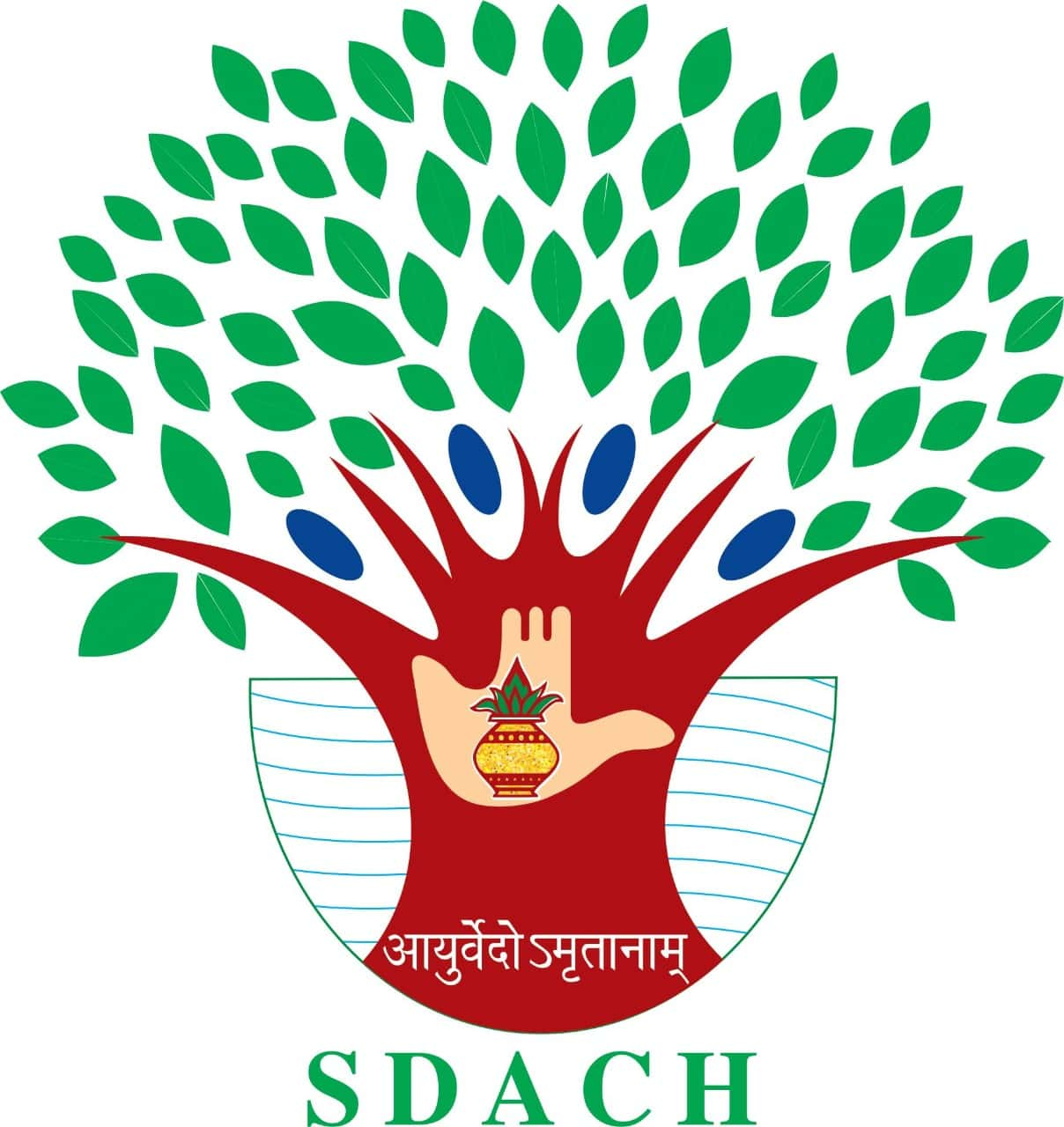Botanical Name : Prunus cerasoides D. Don.
Family : Rosaceae
Introduction :
Latin name: Prunus = frosted, snous); cirasoidus or Prunus padum.
It is included in the Vedanasthapan, Varnya. Kashayskandh, Sarivadi and Chandanadi ganas, all of which contain pittashamak dravyas.
Names in different Indian languages :
English : Wild Himalayan Cherry, Bird Cheery.
Hindi : Padmaka
Kannada : Padmaka
Malayalam : Patumukam, Padmaka
Sanskrit : Padmaka
Tamil : Patumukam, Padmaka
Telugu : Padmakla
Synonyms :
Padmaka, Padmagandhi, Padmaadyaa, Padmaakha, Padmakaashtha.
Prunus cerasoides
Varieties & adulterants – (CV – controversy, AD – adulterants) :
Prunus domestica
Morphology :
It is a large tree, very decorative after flowering. Stalk is round. reddish with knobs and fragrant like lotus. Skin – brown, flowers whitish, brownish. appear through sepals.
Fruits – round, astringent, sour, containing hard seed with slight flesh, useful for consumption. Fresh stalk should be used.
Distribution & Habitat :
Himalaya, Simla. Gadhwal, Sikkim, Nepal, Bhutan
Chemical constituents :
puddumin-A, hydrocyanic acid, beta-sitosterol, stigmasterol, ursolic acid, prunetinoside, glucogenkwanin , neosakuranin
Properties :
Guna: laghu, snigdha;
Rasa: kashaya, tikta;
Vipaka: katu;
Virya: sheeta;
Karma :
Grahyam, vranahara
Antilithic, refrigerant, antipyretic, abortifiecnt
Indication :
Meha, kusta, jwara, sopha, visha
fever, skin disease, cough,
Part used :
Heartwood, oil
Dosage :
Powder 2-4 g
Decoction 10 -20 ml
Uses :
External application of the paste is useful as refrigerant, anti-pruritic and complexion enhancer. When used internally, it acts as an appetite stimulant, digestive, astringent, analgesic, cardio tonic. diuretic (seeds), aphrodisiac. spermatogenic, febrifuge and antidermatosis. Due to these properties helps in the conditions of neurogenic pain, loss of appetite, laxity of stomach, vomiting, thirst, obesity. bleeding disorders, breathlessness, hiccups, abortion etc. It also acts as rejuvenating agent. Seed pulp is used in urinary calculi.





